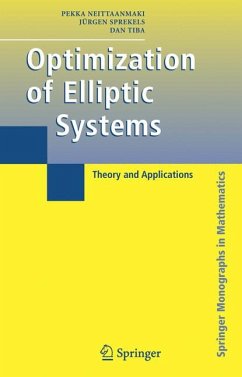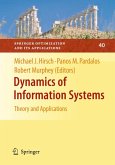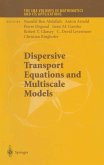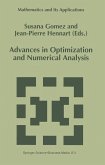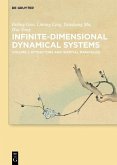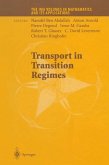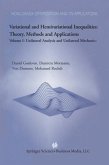This monograph provides a comprehensive and accessible introduction to the optimization of elliptic systems. This area of mathematical research, which has many important application in science and technology, has experienced an impressive development during the last two decades. This monograph aims to address some of the pressing unsolved questions in the field. The exposition concentrates along two main directions: the optimal control of linear and nonlinear elliptic equations, and problems involving unknown and/or variable domains. Throughout this monograph, the authors elucidate connections between seemingly different types of problems. One basic feature is to relax the needed regularity assumptions as much as possible in order to include larger classes of possible applications. The book is organized into six chapters that give a gradual and accessible presentation of the material, and a special effort is made to present numerous examples.
This monograph is addressed primarily to mathematics graduate students and researchers, however much of this material will also prove useful for scientists from physics, mechanics, and engineering.
Dieser Download kann aus rechtlichen Gründen nur mit Rechnungsadresse in A, B, BG, CY, CZ, D, DK, EW, E, FIN, F, GR, HR, H, IRL, I, LT, L, LR, M, NL, PL, P, R, S, SLO, SK ausgeliefert werden.

